UNSG evades difficult questions at press conference; calls for speedy post-war reconciliation
UN Secretary General Ban Ki-moon admitted yesterday that, even for him, it had been “rather difficult” to speak with the former Government leadership of Sri Lanka.
Taking questions at a press conference, Mr Ban reiterated that there was a huge difference between now and the situation he had encountered during his last visit in 2009, shortly after the defeat of the Liberation Tigers of Tamil Eelam. He said this change had been effected with the active involvement of the international community, particularly the United Nations through the Human Rights Council.
“That means you are receiving recognition and appreciation, unlike in the past,” he said. “It had been rather difficult sometimes, even for me, to talk with the Government leadership. There was some gap between expectations of the international community and the level of what the Government had been doing.”
Mr Ban said that during this visit he had spoken with and given honest advice to President Maithripala Sirisena and Prime Minister Ranil Wickremesinghe. “You have to address so many difficult economic and social issues,” he said. “There is so much honest desire by people to promote reconciliation and constitutional reform.”
“Reconciliation may take a longer time than one may expect,” he admitted. “But that does not mean that you have to take as long as you want.”
The UN Secretary-General pointedly evaded a direct question on whether there was a presumption on his part that war crimes had been committed at the end of the war in 2009. He rejected that the UN had double standards. And he supplied a convoluted reply to a query about what he felt regarding Sri Lanka’s position that there will be no international judges in any war crimes court that is set up.
Sri Lanka will have to work together with the international community and the United Nations on a transitional justice mechanism, he elaborated, before launching into practised jargon about credibility. This body, he said, “should be credible both nationally and internationally...it should be credible to both your concerns and international concerns”.
Just four journalists were permitted to ask questions during the 30-minute press conference. Mr Ban started the briefing with a prepared statement. In it, he commended Sri Lanka’s “bold decision to face the past and deal with the legacies of conflict”.
“The United Nations has also had to address the legacy of its actions in Sri Lanka, which did not meet the expectations of the people and the world,” he read out. “We reviewed our involvement in the terrible events of that time and continue to take steps to ensure that human rights are at the centre of all our decision-making.”
“Reconciliation will not be accomplished overnight,” he said. “It is a complex process that requires continuous nurturing. Reconciliation asks all of you to do something almost unimaginable. It asks you to overcome all the harm done, the torture, the murders and extrajudicial executions, the suicide bombings, the disappearances and forced recruitments, the suffering and violence – to transcend your grief and your pain.”
“It asks you to overcome – but not to forget – the loss of your loved ones,” he continued. “It calls on you to try to heal the wounds and begin to see each other as people, as part of the same country and same human family. Profound transformations in democratic societies necessarily take time.”
“Victims cannot wait forever,” he said. “They deserve to have their voices heard. They deserve credible, transparent and solid transitional justice mechanisms.”
-
Still No Comments Posted.



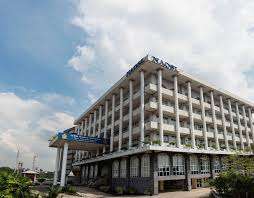
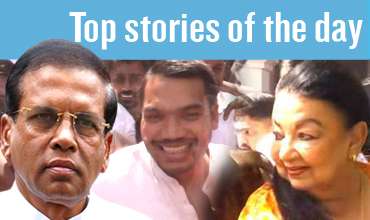
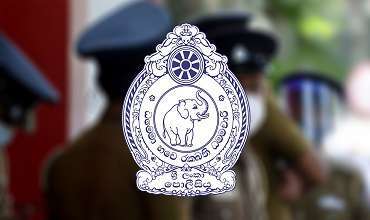




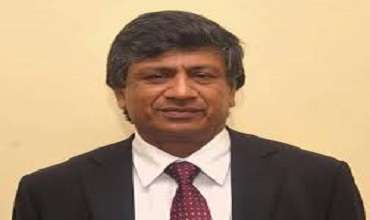
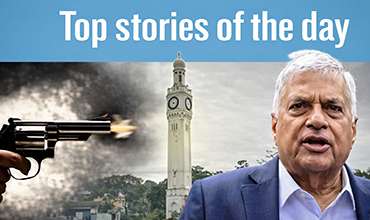
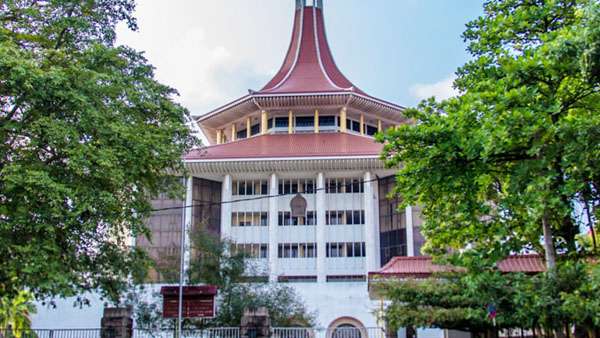


Leave Comments